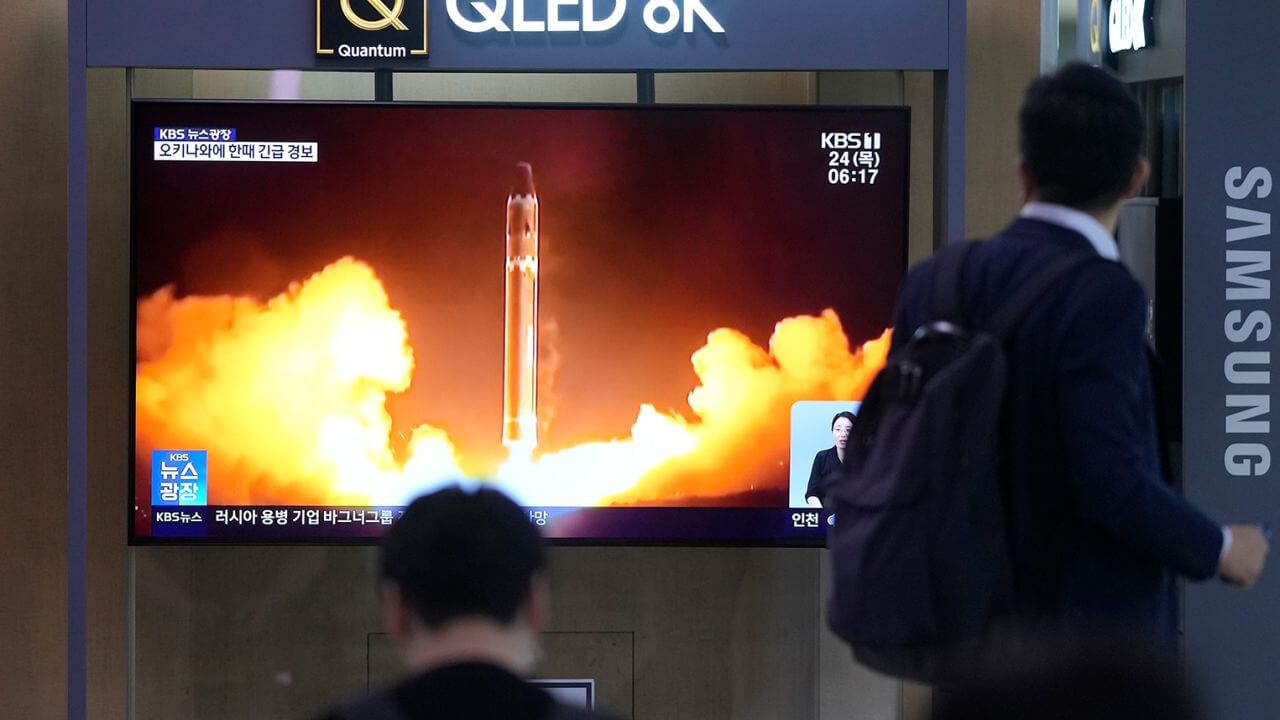North Korea said on Thursday that its second attempt to launch a spy satellite had failed again. However, it vowed to make another attempt in October.
The Korean Central News Agency (KCNA) said that the country’s National Aerospace Development Administration (NADA) had conducted a second launch of reconnaissance satellite Malligyong-1 aboard the new-type carrier rocket Chollima-1 at the North Phyongan Province on Thursday.
Failure
It explained that while the flights of the first and second stages of the rocket were normal, the launch failed “due to an error in the emergency blasting system during the third-stage flight.”
The state mouthpiece also said that NADA plans on conducting the third reconnaissance satellite launch in October “after thoroughly probing the reason and taking measures.”
Reactions from the International Community
South Korea’s military said that the rocket launch violated UN Security Council resolutions, which have issued a ban on launches by North Korea using ballistic technologies.
Meanwhile, Japan’s chief Cabinet secretary, Hirokazu Matsuno, called the move a “threat to peace and stability.”
Similarly, Adrienne Watson, a spokesperson for the White House’s National Security Council, said the US strongly condemns the launch, as it involved technologies directly related to the secretive regime’s intercontinental ballistic missile program.
She called on Pyongyang to immediately cease its provocative actions and return to dialogue.
Mini-NATO
North Korea’s attempt comes days after leaders of the US, Japan, and South Korea met at Camp David to work out details of a new trilateral alliance that China fears is a “mini NATO.”
The agreement covers intelligence sharing and cybersecurity, including the need to jointly combat disinformation. In addition, it covers enhanced ballistic-missile defence cooperation and joint military exercises, which the North has frequently lodged protests against.

